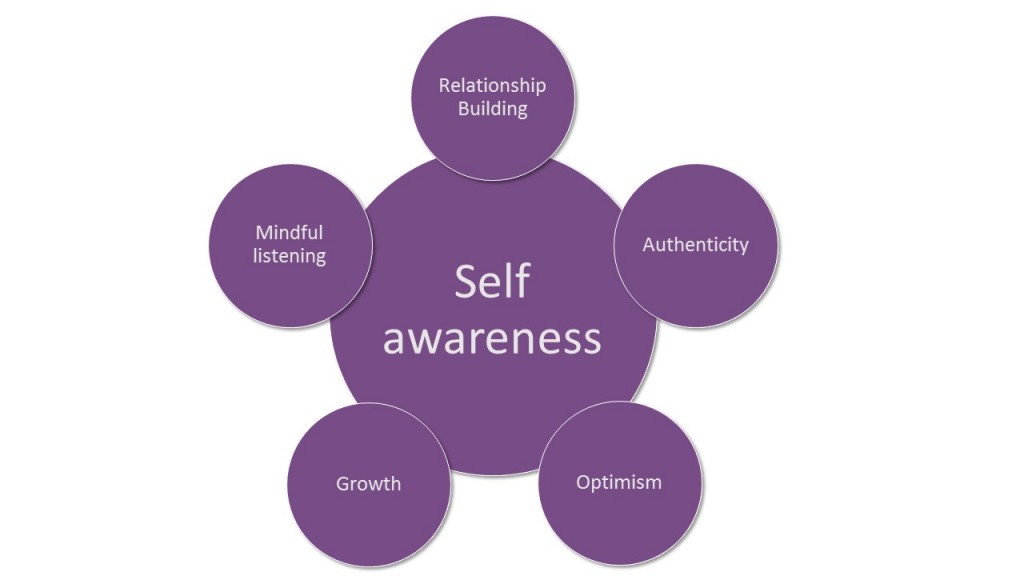Purposeful and meaningful leadership
Did you know that the opportunity to do meaningful work is the No1 priority for job seekers? Did you also know that 70% of the engagement you feel at work is attributable to your boss?
Participating in meaningful work leads to increases in engagement, initiative and decreases in stress. But how do you create the right environment for individuals to experience meaning and deliver their best?
The Purposeful Leadership model has been developed in response to this.
Based on the ‘PERMA’ model of human flourishing created by the godfather of Positive Psychology, Martin Seligman, the model clearly sets out what individual leaders need to create an environment in which their teams will flourish. And, as we know, when teams flourish, their job satisfaction and performance increases and resilience improves. Employee turnover and absenteeism fall and commitment to the leader and the organisation increases.
This unique model has been developed by our resident expert in positive psychology and competency modelling and underpins all our leadership activity.
PERMA
P – positive emotions
E – engagement
R – relationships
M – meaning
A – accomplishment
Model definitions and how the model underpins flourishing
Self Awareness
Definition: an awareness of own strengths and abilities and how these impact upon others
What is it
- Awareness of own strengths
- Willingness to seek out feedback
- Ability to think and reflect upon own performance and identify areas for development
- Understanding of impact upon others
Relationship to flourishing of others:
Starting point to understanding values and strengths and underpins growth of self and others
Relationship Building
Definition: The ability to build and maintain effective relationships in a proactive way
What is it:
- Recognises importance of team working and importance of relationships
- Sets up co-operative rather than competitive working
- Creates opportunities for sharing – of success, of communication, of learning of information
- Ability to build effective relationships
- Create opportunities for team working and sharing
- Respects relationships and makes time for relationship building
Relationship to flourishing of others:
Key factor – relationship, GALLUP question about working with friends, critical to understand others and what’s important to them
Authenticity
Definition: The ability and willingness to be true to one’s own personality, spirit or character and to act consistently despite external pressures.
What is it:
- Has clearly defined view of own values
- Shares own values with others but doesn’t impose them
- Treats others with respect
- Is consistent and reliable – doesn’t change course unnecessarily
- Open, honest and trustworthy
- Walks the talk
Relationship to flourishing of others:
Critical to building the trust of others, knowing what you’re going to get, consistency and fairness in treatment of others, critical to creating meaning
Optimism
Definition: The willingness to maintain a positive and hopeful attitude and to persevere, even when times are tough.
What is it:
- Maintains a positive outlook
- Takes time out when times are tough
- Develops and utilises own mechanisms for getting through tough times
- Persists but not to the detriment of own or others performance
- Focuses on a way forward and is able to help out others
- Doesn’t get bogged down in the here and now but can see a way forward
Relationship to flourishing of others:
Creates a positive working environment, boosts positive emotions, underpins accomplishment as element of persistence
Growth
Definition: The willingness to be curious about own and others’ performance and be willing to try out new things.
What is it:
- Willing to try out something new, open to change
- Demonstrates curiousity and wants to learn
- Encourages others to try out new things, take the next step forward.
Relationship to flourishing of others:
Underpins accomplishment and provides the drive and forward momentum in the leadership model.
Mindful listening and responding
Definition: The ability to listen carefully and without judgement to the needs of others and to respond appropriately
- Listens without judgement
- Makes time for others
- Sensitive and responsive to others
- Asks questions and helps others to come to the right answer
What is it:
Non judgemental listening and responding to the needs of others
Relationship to flourishing of others:
Critical to understanding others and where they are coming from, what is meaningful and important to them.
Our credentials
Our leadership development is led by Pam Kennett. Pam is an experienced facilitator and has designed and led a number of leadership development programmes in different contexts. Her MSc research focused on meaning and purpose at work. She is a Chartered Fellow of the CIPD and has over 25 years of experience working with a range of organisations to help them get the most from the their talent.
Next steps
If you are interested in understanding more about the role of leadership in creating meaning, please contact Pam for an obligation free chat.
Want to learn more?
Read our top blogs on positive leadership:
- What 4 questions do leaders need to ask to win hearts and minds?
- How do we develop ethical leadership?
- What if positive leaders built positive identities in the workplace?
- What if leaders focused on progress?
 Chiswick Consulting
Chiswick Consulting 